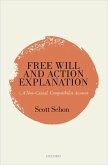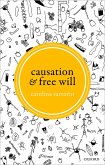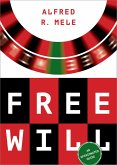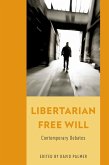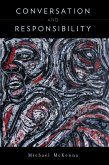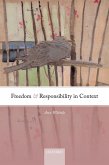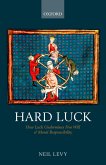Derk Pereboom articulates and defends an original conception of moral responsibility. He argues that if determinism were true we would not be morally responsible in the key basic-desert sense at issue in the free will debate, but that we would also lack this kind of moral responsibility if indeterminism were true and the causes of our actions were exclusively states or events. It is possible that if we were undetermined agent causes-if we as substances had the power to cause decisions without being causally determined to cause them-we would have this kind of free will. But although our being undetermined agent causes has not been ruled out as a coherent possibility, it's not credible given our best physical theories. Pereboom then contends that a conception of life without the free will required for moral responsibility in the basic-desert sense would nevertheless allow for a different, forward-looking conception of moral responsibility. He also argues that our lacking this sort of free will would not jeopardize our sense of ourselves as agents capable of rational deliberation, that it is compatible with adequate measures for dealing with crime and other threatening behavior, and that it allows for a robust sense of achievement and meaning in life. Pereboom's arguments for this position are reconfigured relative to those presented in Living without Free Will (2001), important objections to these arguments are answered, and the development of the positive view is significantly embellished.
Dieser Download kann aus rechtlichen Gründen nur mit Rechnungsadresse in A, B, BG, CY, CZ, D, DK, EW, E, FIN, F, GR, HR, H, IRL, I, LT, L, LR, M, NL, PL, P, R, S, SLO, SK ausgeliefert werden.



